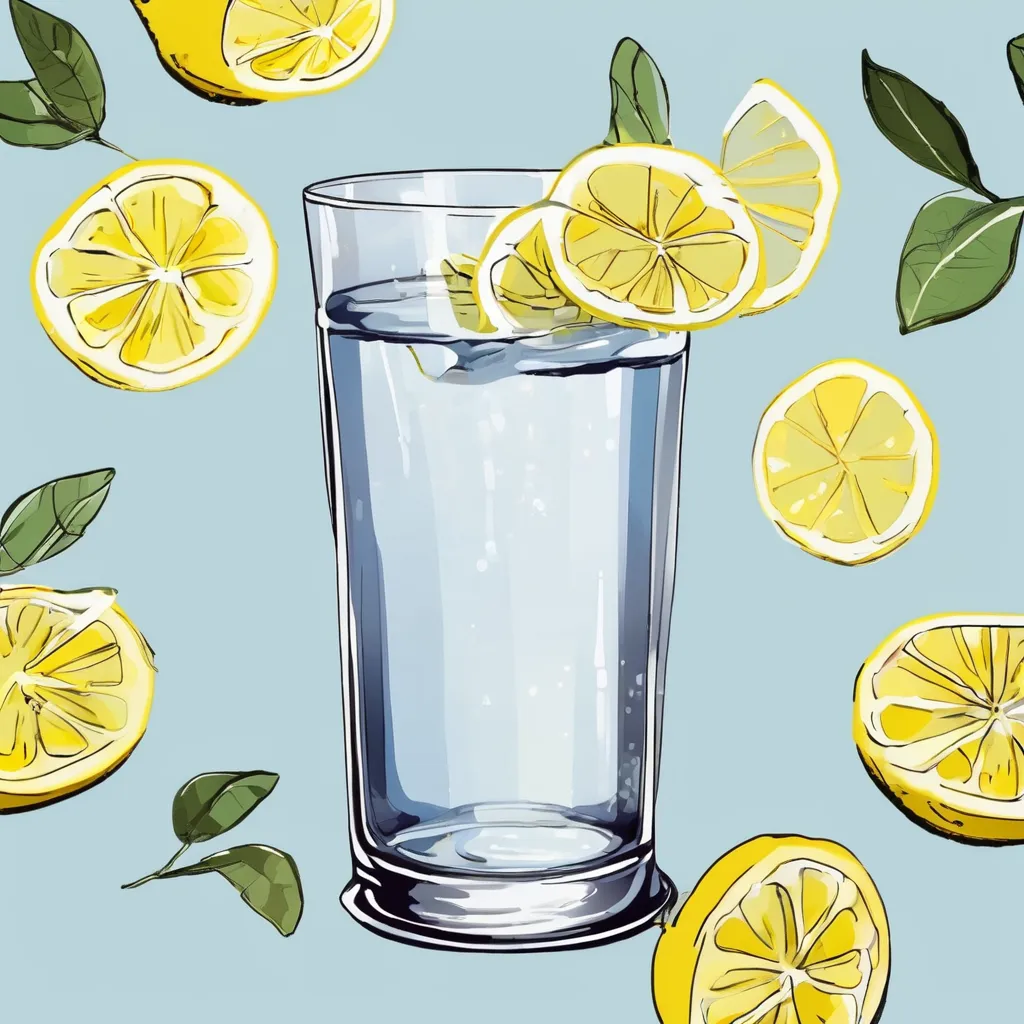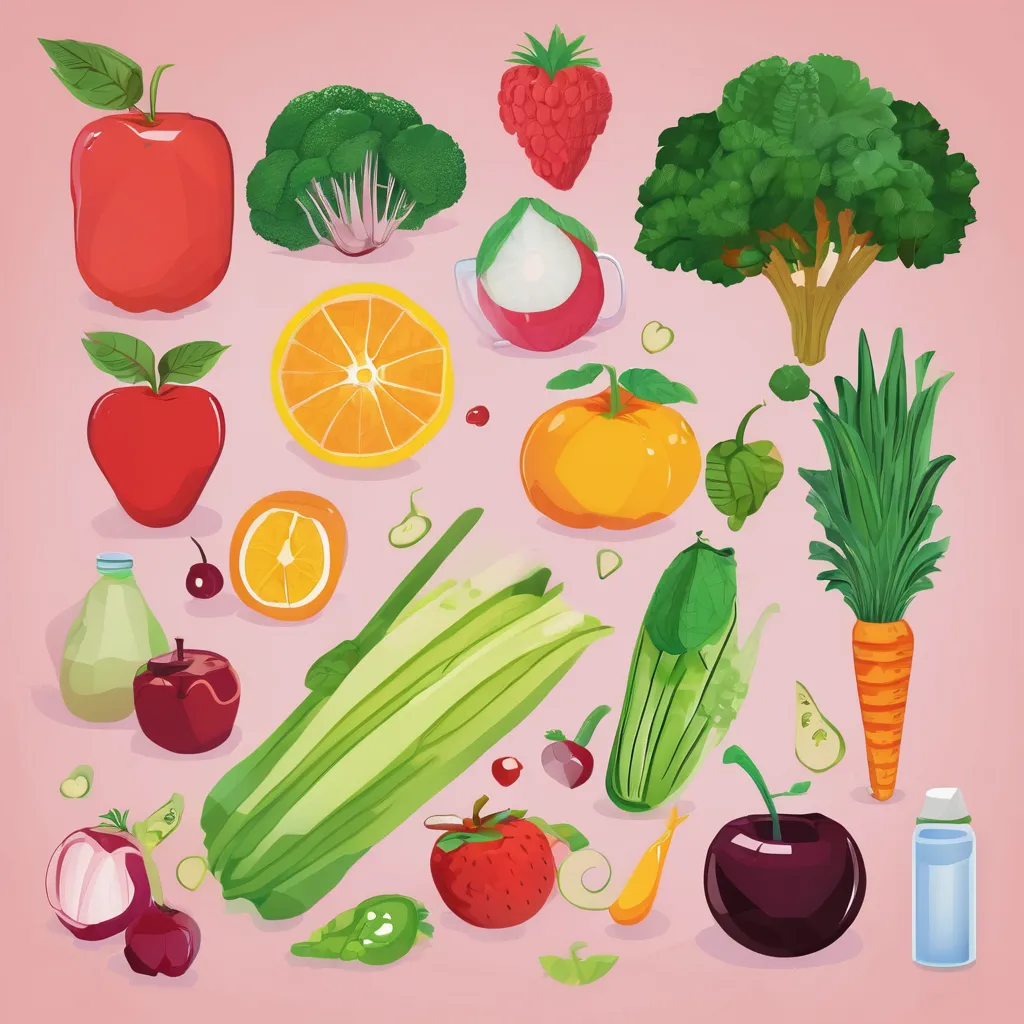The Importance of Hydration: How Water Intake Affects Your Health and Performance
Water is essential for life, yet many people overlook the importance of staying properly hydrated. Adequate hydration is crucial for maintaining overall health, supporting bodily functions, and optimizing physical and mental performance. In this article, we will explore the significance of hydration, how water intake affects your health, and practical tips for ensuring you stay hydrated.
Sleep Hygiene: Tips for Improving Your Sleep Quality and Overall Well-Being
Why Hydration Matters

1. Supports Bodily Functions
Water is vital for numerous bodily functions, including:
- Regulating Body Temperature: Sweating and respiration help cool the body, and adequate hydration is essential for these processes.
- Nutrient Transport: Water helps transport nutrients and oxygen to cells, ensuring they function optimally.
- Waste Removal: Proper hydration aids in the elimination of waste products through urine and sweat, supporting kidney function.
2. Enhances Physical Performance
Hydration plays a significant role in physical performance. Dehydration can lead to fatigue, reduced endurance, and impaired strength. Studies have shown that even mild dehydration (1-2% loss of body weight) can negatively impact athletic performance, coordination, and reaction times.
Understanding the Gut-Brain Connection: How Your Digestive Health Affects Your Mood
3. Supports Cognitive Function
Adequate hydration is essential for maintaining cognitive function. Dehydration can lead to difficulties in concentration, increased fatigue, and mood disturbances. Staying hydrated helps support memory, attention, and overall mental clarity.
The Role of Exercise in Preventing Chronic Diseases: A Comprehensive Guide
4. Promotes Healthy Skin
Water is crucial for maintaining skin hydration and elasticity. Proper hydration can help reduce the appearance of dryness and promote a healthy, glowing complexion.
How Much Water Do You Need?
The amount of water each person needs can vary based on factors such as age, gender, activity level, and climate. A general guideline is to aim for:
- Men: About 3.7 liters (125 ounces) of total water intake per day, including all beverages and food.
- Women: About 2.7 liters (91 ounces) of total water intake per day.
Factors Influencing Hydration Needs
- Physical Activity: Increased exercise leads to higher fluid loss through sweat, necessitating greater water intake.
- Climate: Hot and humid weather can increase sweat production, requiring additional hydration.
- Diet: Foods with high water content (fruits and vegetables) contribute to overall hydration, while high-sodium or high-caffeine foods may increase fluid needs.
Tips for Staying Hydrated

1. Drink Water Regularly
Make it a habit to drink water throughout the day, rather than waiting until you feel thirsty. Keep a water bottle handy to encourage regular intake.
Exploring the Benefits of Mindfulness Meditation for Stress Relief
2. Monitor Your Urine Color
A simple way to gauge hydration is by checking the color of your urine. Light yellow or pale straw indicates proper hydration, while dark yellow suggests you may need to drink more water.
3. Incorporate Hydrating Foods
Include fruits and vegetables with high water content in your diet, such as cucumbers, watermelon, oranges, and strawberries. These can contribute to your overall hydration.
4. Set Reminders
If you often forget to drink water, set reminders on your phone or use apps designed to track your water intake.
5. Adjust for Activity and Climate
Increase your water intake during hot weather or when engaging in physical activity. Consider drinking electrolyte-rich beverages if you’re exercising for extended periods.
Conclusion
Hydration is a fundamental aspect of maintaining health and optimizing performance. By understanding the importance of water intake and implementing practical strategies to stay hydrated, you can support your bodily functions, enhance physical performance, and improve cognitive function.
For more insights on health and wellness, check out our articles on Nutrition for Optimal Performance and The Benefits of a Balanced Diet.






